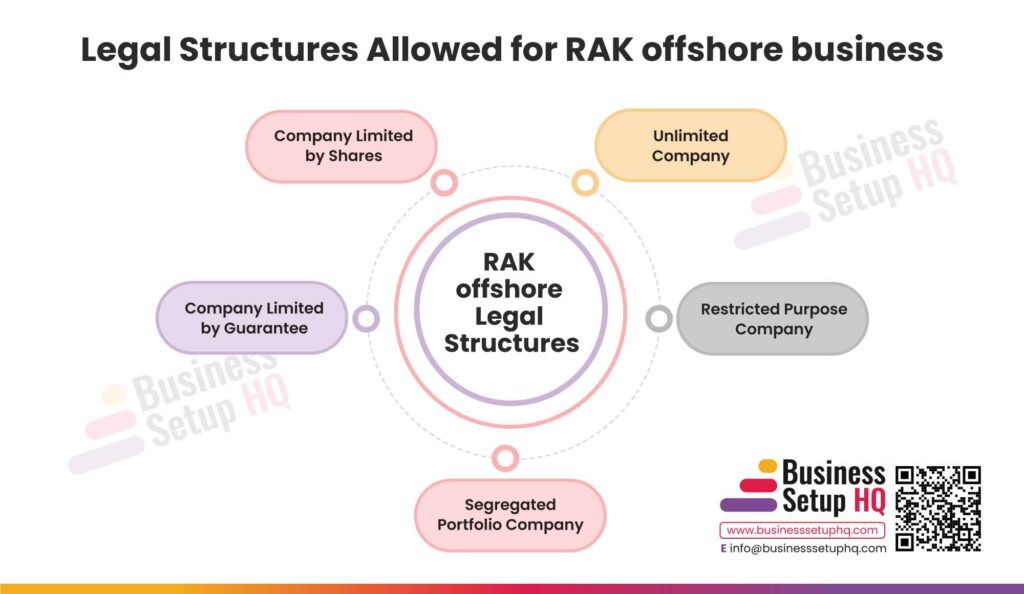Discover Tax-Saving Strategies with Offshore Business Formation for Increased Protection
A Comprehensive Overview to Navigating Offshore Service Formation Successfully
In the world of worldwide entrepreneurship, forming an offshore company provides both distinct chances and complex obstacles. As prospective capitalists navigate via the complexities of regulative and legal structures, understanding the nuances of each can make a substantial distinction in the effective establishment and long life of an overseas entity.
Picking the Suitable Offshore Jurisdiction
When choosing an offshore territory for company formation, a number of critical aspects have to be considered to make sure lawful compliance and operational efficiency. Tax policies are vital; some jurisdictions provide low or zero tax rates, which can be extremely helpful for profit retention. However, one need to additionally assess the political stability of the area to avoid possible dangers that could influence organization procedures negatively - Offshore Business Formation.
In addition, the reputation of the jurisdiction can significantly affect the assumption of business worldwide. Choosing a jurisdiction with a solid regulatory credibility might help with smoother organization connections and banking transactions around the world. In addition, the convenience of doing service, including the simplicity of the enrollment process and the availability of competent regional solutions, ought to be analyzed to make sure that the operational demands are supported efficiently.
Comprehending Regulatory and legal Frameworks

Lawful frameworks in overseas jurisdictions are often created to draw in international financial investment with monetary rewards such as reduced tax prices and streamlined reporting processes. Nonetheless, these benefits can include rigid guidelines intended at preventing money laundering and monetary fraudulence. Investors need to navigate these legislations carefully to avoid legal pitfalls.


Establishing Your Offshore Organization Structure
After understanding the regulative and legal frameworks needed for offshore business procedures, the next vital step is to develop the appropriate company structure. Selecting the kind of offshore company is critical, as this choice influences administration, responsibility, and administrative obligations. Typical structures consist of International Business Firms (IBCs), Restricted Obligation Firms (LLCs), and partnerships. Each framework uses distinct benefits depending upon the service purposes, such as tax performance, privacy, or versatility in management.
Selecting the ideal territory is equally important. Variables such as political stability, legal system, and global connections have to be thought about to ensure a advantageous and safe setting for business. Popular areas like the Cayman Islands, Bermuda, and Luxembourg use diverse advantages customized to various organization needs, consisting of durable legal systems and favorable regulative landscapes.
Eventually, aligning business framework with tactical business objectives and the picked jurisdiction's offerings is important for optimizing the benefits of offshore unification.
Managing Compliance and Taxes in Offshore Operations
Taking care of compliance and taxes is a critical aspect of maintaining an overseas click over here company. This consists of recognizing the ramifications of dual tax agreements and figuring out whether the company qualifies for any motivations or exemptions.
Company proprietors need to also invest in robust conformity programs that consist of regular audits and employee training to promote corporate administration. Involving with lawful and monetary professionals who concentrate on worldwide business law can offer invaluable assistance and aid navigate the intricacies of cross-border taxes. These professionals can assist in establishing effective tax obligation frameworks that align with international techniques while enhancing financial responsibilities.
Eventually, diligent monitoring of compliance and taxation is essential for guaranteeing the long-term success and sustainability of an overseas why not try these out venture.
Conclusion
To conclude, the effective development of an offshore organization depend upon mindful factor to consider of territory, legal conformity, and the appropriate service structure. By carefully choosing a steady and desirable setting, understanding and sticking to legal structures, and handling recurring compliance and taxes, organizations can establish themselves successfully on the global phase. This critical strategy makes see sure not just operational authenticity but also positions the service for sustainable growth and long-lasting success in the worldwide market.
